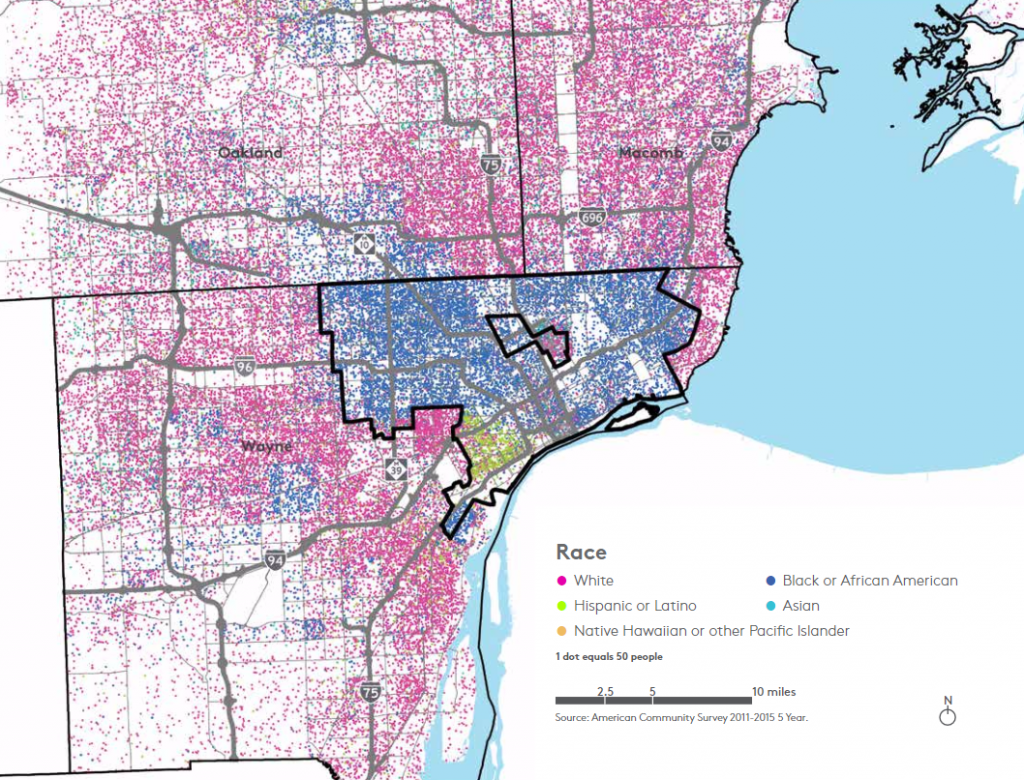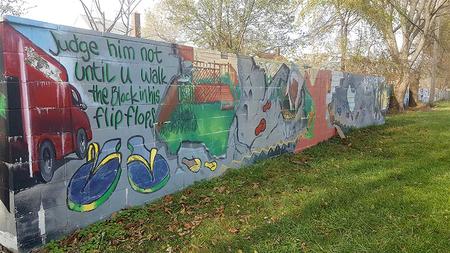The Fair Housing Act Has Not Lived Up to Its Promise of Desegregation
“This is something that a lot of black folks can look back into their family stories and have stories like this.”


We’ve been talking a lot recently on Detroit Today about housing. Today we take a look at the promise of the Fair Housing Act, passed in the 1960s, and whether it’s panning out.
Michelle Adams, professor of Law at Cardozo School of Law at Yeshiva University in New York, recently wrote an article for The New Yorker titled “The Unfulfilled Promise of the Fair Housing Act“.
“The Fair Housing Act was meant to do two things: outlaw individual acts of housing discrimination and foster integration. It was the first time that Congress declared it illegal for private individuals to discriminate on the basis of race in the sale or rental of housing. This was no small thing. An early civil-rights statute, adopted in 1866, said that all citizens ‘shall have the same right . . . as is enjoyed by white citizens thereof to inherit, purchase, lease, sell, hold, and convey real and personal property,’ but this protection was treated as addressing only government action. Before 1968, it was assumed to be perfectly legal for owners to refuse to sell homes to black families, or for a private bank to deny a potential black homebuyer a loan, or for a broker to lie and say that no homes were available. The law successfully made these individual acts of explicit racial discrimination in housing transactions illegal, and residential segregation by race has since declined. But the Fair Housing Act has never fully delivered on its promise to promote and further integration.”
Adams she grew up in Detroit in the 1970s. Her experience, and that of her parents in buying a house in the city as a black family, led, in part, to Adams interest in the history of housing segregation. She writes:
“In 1967, a year before King was assassinated, my parents bought a vacant lot in Detroit’s exclusive, mostly white Palmer Woods neighborhood. In the seventies, they built their dream home there, one of the proudest achievements of their lives. As a child, I never questioned how they managed to buy the lot during the height of the civil-rights movement. Just before my mother died, in 2013, she told me that they had been forced to rely on a highly compensated white intermediary, who concealed the fact that the ultimate buyers—my parents—were black.”
“This is something that a lot of black folks can look back into their family stories and have stories like this,” Adams tells Detroit Today host Stephen Henderson.
“You really do see black folks wanting to have the same thing, and the same opportunities, the same dreams as everyone else, but not being able to do that because of a racial bar.”
To hear more from Adams on Detroit Today, click on the audio player above.
